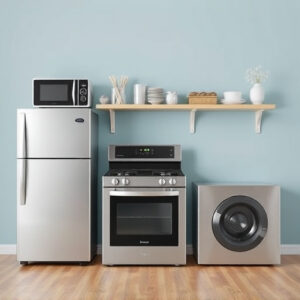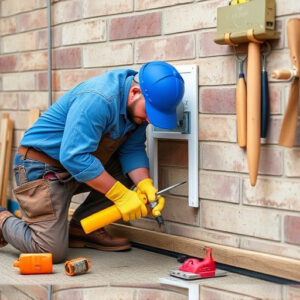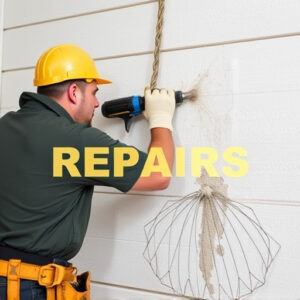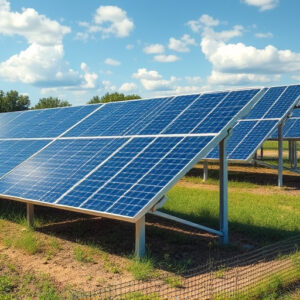Mastering GE Appliance Troubleshoots: DIY to Professional Aid
GE appliance users face common control board and sensor malfunctions causing various issues. User ma…….
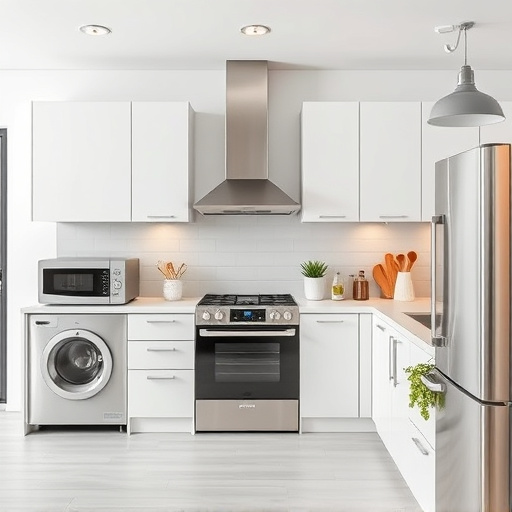
GE appliance users face common control board and sensor malfunctions causing various issues. User manuals serve as troubleshooting guides, with DIY solutions for simple problems like cleaning and filter replacements. Complex issues require professional help for safe and effective repairs, especially involving specialized knowledge for specific models. Regular maintenance and record-keeping are encouraged to prevent recurring problems.
Understanding and Resolving Common GE Appliance Troubles
GE appliances are known for their quality and durability, but like any brand, they can encounter issues over time. This comprehensive guide aims to empower homeowners with knowledge about common problems plaguing GE home appliances and provide practical solutions. From identifying faulty parts to deciding when to seek professional assistance, we’ll navigate through the process, ensuring your appliances run smoothly again. By understanding these challenges, you’ll be equipped to tackle minor repairs yourself or know when it’s time to call in a skilled technician.
- Identifying Common GE Appliance Issues
- Diagnosing the Problems Effectively
- Exploring DIY Solutions and Repairs
- When to Call in Professional Help
Identifying Common GE Appliance Issues
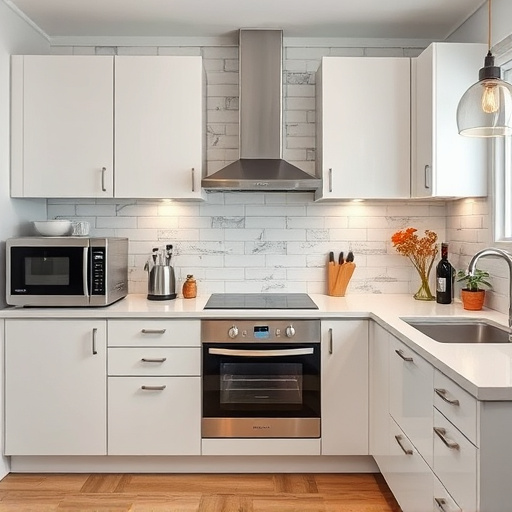
Many common problems with GE appliances can often be identified by specific symptoms or patterns. One of the most frequent issues is malfunction of the control board, which may result in lights not illuminating, display errors, or no power to the appliance. This is a critical component that requires careful inspection for signs of damage, corrosion, or loose connections. Another prevalent problem involves malfunctioning sensors, especially in ovens and dishwashers, leading to improper temperature regulation or incomplete cleaning cycles.
User manuals often provide troubleshooting guides for basic issues. However, more complex problems may require professional intervention. Regular maintenance checks can help prevent such issues by ensuring proper ventilation, cleaning of filters, and inspection of electrical connections. Keep records of appliance usage, maintenance, and repairs for easier identification of recurring patterns or potential systemic issues with specific models.
Diagnosing the Problems Effectively

When faced with a malfunctioning GE appliance, effective diagnosis is key to finding a solution. Start by identifying the specific issue—is it an unusual noise, poor performance, or a complete failure to operate? Note any error codes displayed on digital screens or unusual smells emanating from the appliance. These clues can narrow down the problem significantly.
Next, check common issues known to affect GE appliances, such as faulty wiring connections, clogged filters or vents, worn-out parts like belts or seals, or software glitches in case of smart appliances. Consulting user manuals or online resources dedicated to GE appliance troubleshooting can provide valuable insights and step-by-step guides tailored to various models.
Exploring DIY Solutions and Repairs
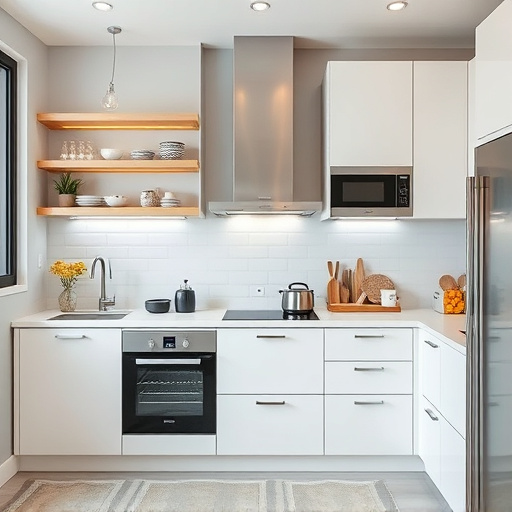
Many common issues with GE appliances can be addressed through simple do-it-yourself (DIY) solutions. Before reaching for the phone to call a repairman, consider tackling smaller problems yourself. For instance, if your refrigerator is not cooling properly, it might be an issue with the thermostat or a faulty condensate drain. Cleaning these components and ensuring they are functioning correctly can often resolve the problem.
GE appliances, like any others, have various parts that can wear out over time. Some, such as door gaskets, light bulbs, or water filters, are easy to replace and offer immediate improvements. There are numerous online resources and tutorials available for DIY repairs, making it accessible for even the least handy individuals. These solutions not only save on repair costs but also empower users to better understand their appliances and perform basic maintenance.
When to Call in Professional Help

If your GE appliance is experiencing a problem that falls outside of minor troubleshooting, it may be time to call in professional help. Not all issues can be resolved with simple fixes; some require specialized knowledge and tools to diagnose and repair accurately. For example, if your refrigerator isn’t cooling properly, a professional technician will have the expertise to check for issues with the compressor, condenser, or thermal controls—components that are not easily accessible or understandable to the average user.
Similarly, if your dishwasher is leaking or not filling with water, or your oven is not heating evenly, these could be indications of more complex mechanical or electrical problems. In such cases, relying on a professional will ensure that the repair is done safely, correctly, and efficiently, potentially saving you from further damage or costly mistakes.
By familiarizing yourself with common GE appliance issues, learning effective diagnosis techniques, exploring DIY solutions, and knowing when to seek professional help, you can efficiently address and resolve problems, extending the lifespan of your appliances and saving time and money.


